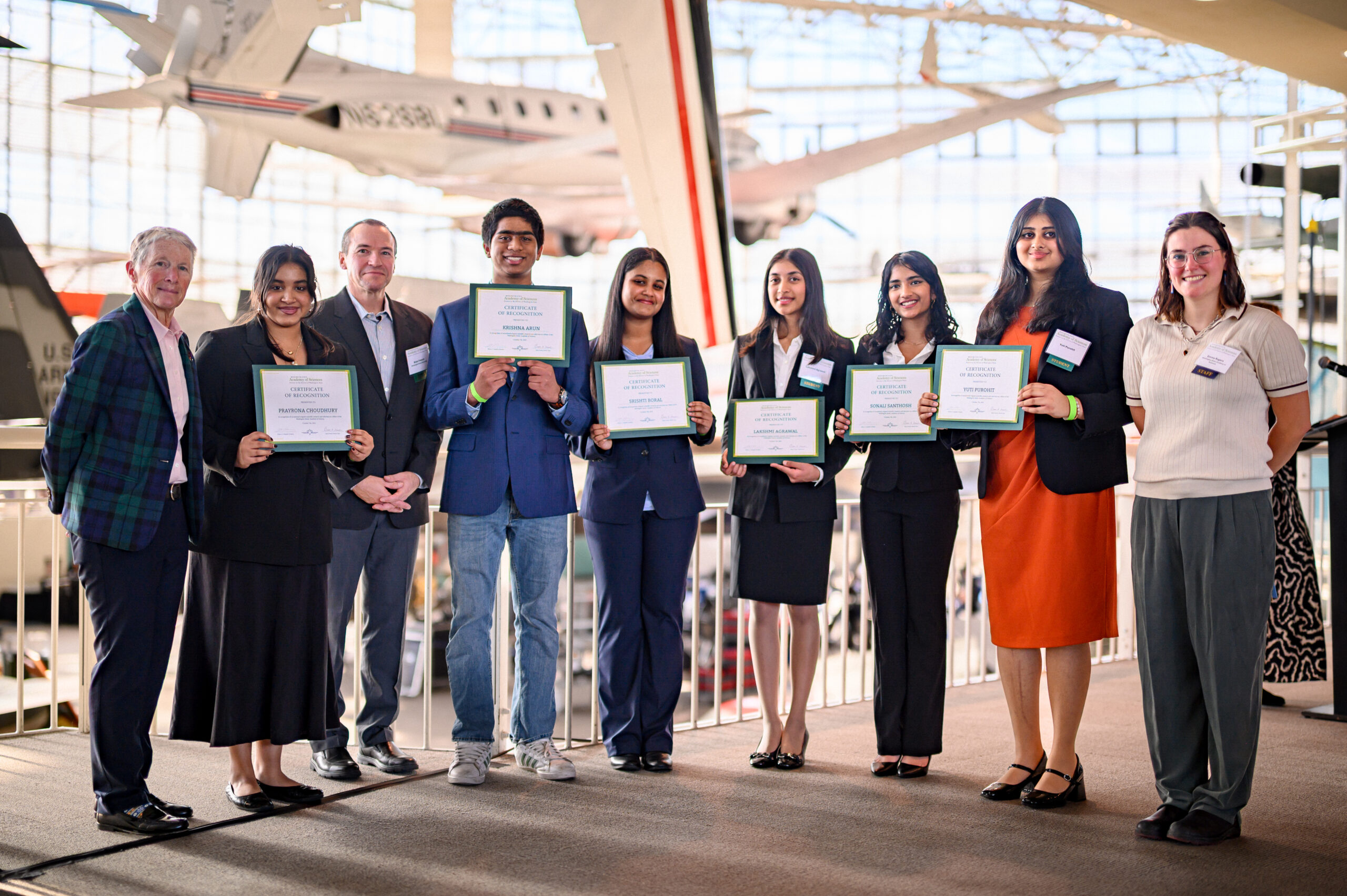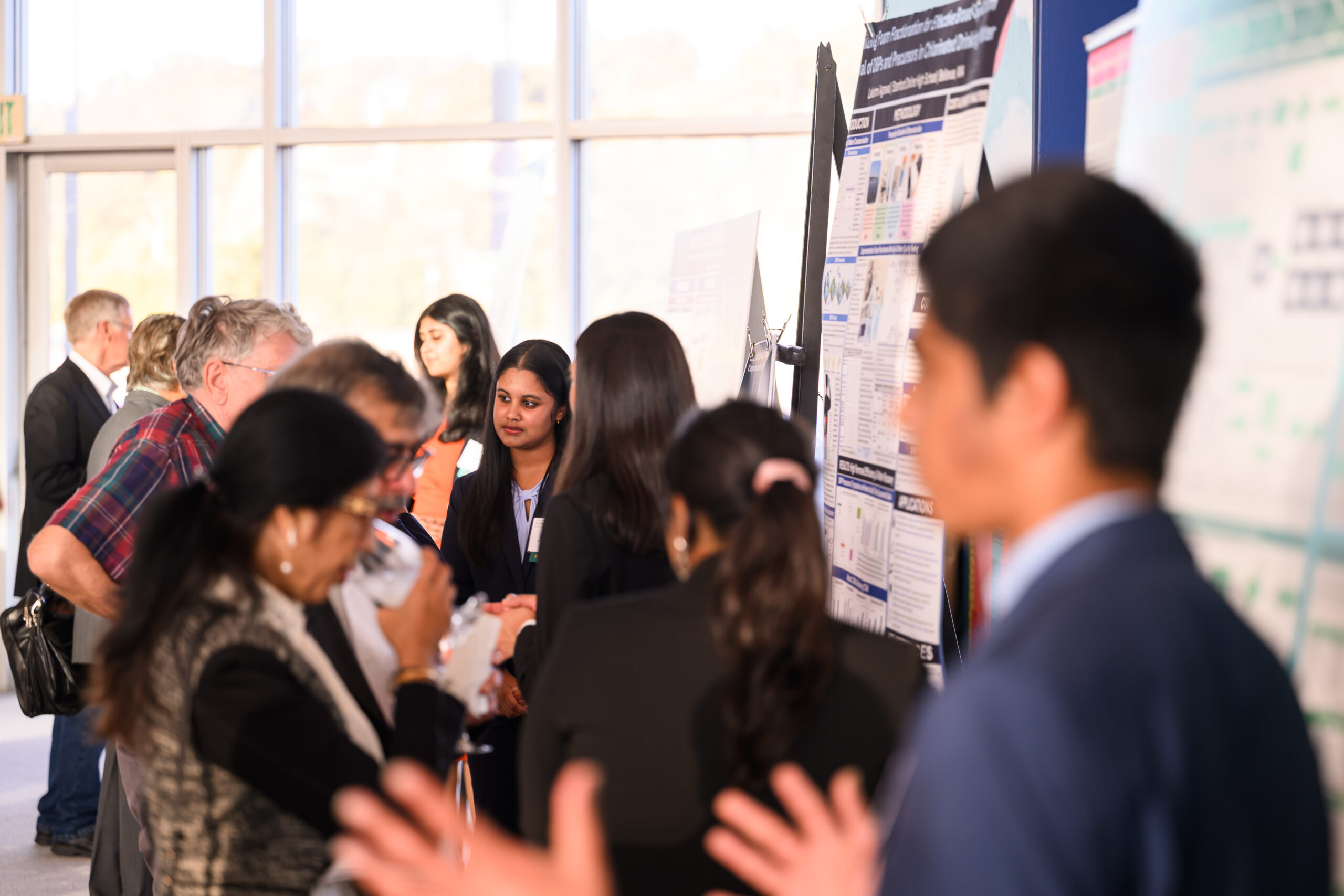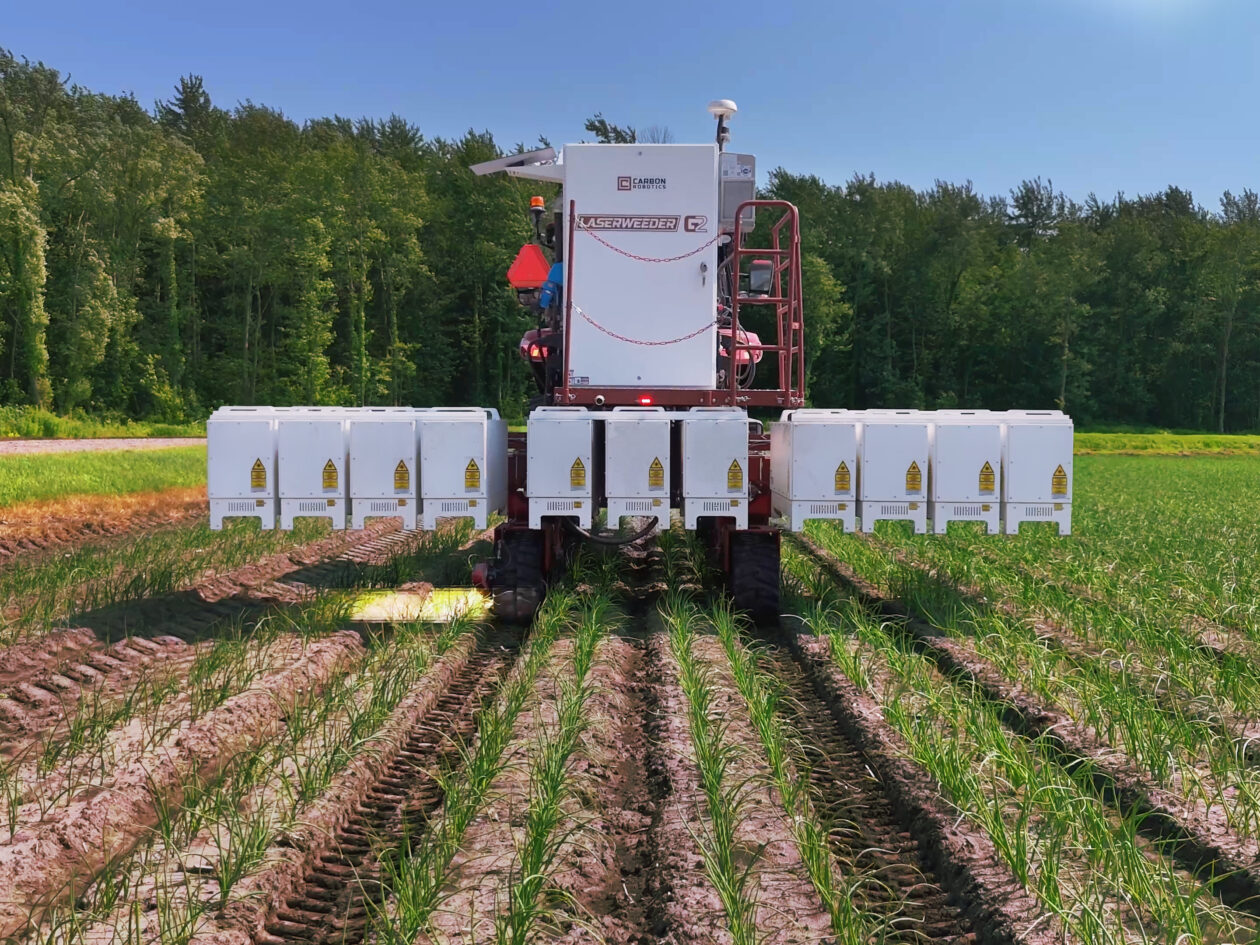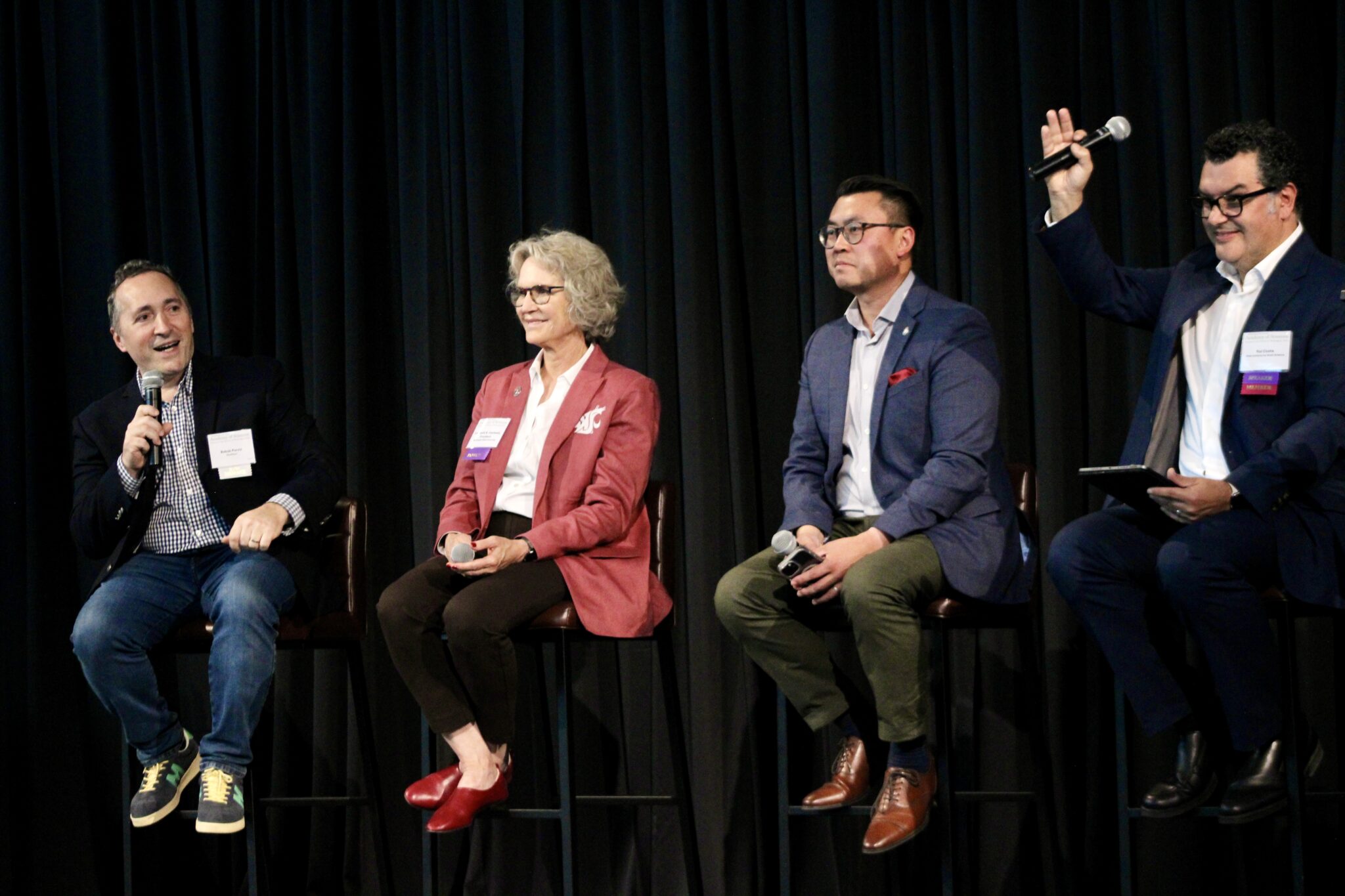
SEATTLE – The Washington State Academy of Sciences (WSAS) is pleased to announce the 2026 fellows of the Washington Junior Academy of Science (WAJAS).
“These students represent some of the top scientific thinkers in our high schools and are already conducting fascinating research,” said Brian French, WSAS board member and chair of the 2025 WSAS Education committee responsible for selecting fellows. “They will undoubtedly be among tomorrow’s leaders in science, technology, and innovation.”
WAJAS is a WSAS program recognizing exceptional high school students from across the state for outstanding original scientific research and offering opportunities to connect with the research community in Washington and beyond. Students selected as WAJAS fellows receive mentorship from a WSAS member in their field of interest, who offer guidance, encouragement, and professional insights to inform their scientific understanding, research projects, and career plans.
Fellows were publicly honored alongside Washington’s top researchers at the WSAS 20th Anniversary Celebration on October 7. Fellows also presented their research as part of a student research showcase at the Celebration.
“WSAS was a fantastic experience,” said 2026 WAJAS fellow Lakshmi Agrawal. “I connected with academic and industry professionals in my field of study and learnt about their careers. I really appreciated this opportunity to further discover niche aspects of academia—information I will be sure to factor into my choices when considering colleges and degree programs.”
WAJAS fellows are invited to attend the American Junior Academy of Sciences (AJAS) conference, where they will have the opportunity to share their research and network with scientists and students from across the nation. The AJAS conference is held in conjunction with the annual meeting of the world’s largest scientific society, the American Association for the Advancement of Science (AAAS). The 2026 Annual Meeting will take place on February 12-14 in Phoenix, Arizona.
Congratulations to the 2026 WAJAS fellows:
Lakshmi Agrawal, Interlake High School
A Novel Method of Water Purification: Optimizing Foam Fractionation for Effective Broad-Spectrum Removal of DBP Precursors in Chlorinated Drinking Water
Krishna Arun, Eastlake High School
Utilizing Multi-Agent Reinforcement Learning with Encoder-Decoder Architecture Agents to Identify Optimal Resection Location in GBM Patients
Srishti Boral, Eastlake High School
Computational Design of Novel Small-Molecule Activators Targeting the AtlA Autolysin in Multi Drug-Resistant Staphylococcus aureus to Combat Antibiotic Resistance Through Internal Cell Death Mechanisms
Prayrona Choudhury, Hanford High School
AquaLink: Determining Freshwater Species Abundance Using the Multiscale Convergence of Chemical and Biological Processes
Yuti Purohit, Interlake High School
Enhancing Cloud Seeding Efficiency: Augmentation of Cloud Condensation Nuclei Hygroscopicity and Identification of Optimal Cloud Targets
Sonali Santhosh, Hanford High School
Cracking the Seizure Code: A Deep Learning Approach to Neonatal Seizure Detection Utilizing Hybrid Architecture for Multi-Scale EEG Analysis
Learn more about their projects here.
Related Posts
January 23, 2026
A new initiative from the Washington State Academy of Sciences called Growing with AI will bring together the state’s tech giants and diverse farming community to tackle pressing challenges in the agriculture industry.
October 28, 2025
WAJAS is a WSAS program recognizing exceptional high school students from across the state for outstanding original scientific research and offering opportunities to connect with the research community in Washington and beyond. Fellows were publicly honored alongside Washington's top researchers at the WSAS 20th Anniversary Celebration on October 7.
October 14, 2025
Amid political polarization and uncertain federal research policy, Washington leaders are betting on stability through a unique innovation ecosystem rooted in the state’s institutions and businesses. That was a theme at the 20th anniversary celebration of the Washington State Academy of Sciences, held Tuesday evening at Seattle’s Museum of Flight.


